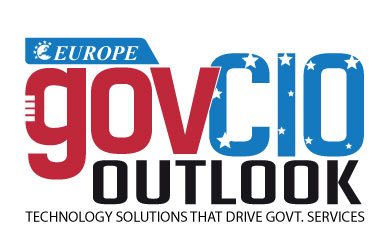May 2025 19GOVERNMENT CIO OUTLOOK 9 MAY2025Politics in Data Governance Programithout a doubt, politics is one of the most important factors in data governance. Its impact is pervasive--data governance touches all different layers of the organizations: different geographies, different departments, even different functions within same department. In addition, politics affects numerous technology systems, including data repositories and processes. Of all enterprise initiatives, it is especially sensitive to the political landscape.The word "politics" is loaded with negativity. In reference to people or policies, it is viewed as "forces that you have to deal with". People perceive "politics" as an artificial barrier that needs to be overcome, or a turf war that theyhave to engage in. As one executive mentioned regarding his goals for data governance: "just do not move my cheese..." Data governance is acceptable, he meant, as long as it does not interfere with his business mission. In many situations, data governance activities look like any other large corporate initiative. The struggles center around who will get the resources to implement it; how the byproduct of this implementation will impact people's power; and whether its success will derail their career goals. For example, incorporating audits into data management policies may prevent development managers from making independent decisions about how to manage data, at the same time, it can force business managers to make more decisions about data, when he would rather avoid additional responsibilities that relate to data.Before I provide any recommendations about how to handle these conflicts, I will suggest you try to change your mindset. Politics in the case of data governance is actually a positive force! Many, if not all, corporations are struggling with a siloed view of data: each department, or every functional area has its own set of data, processes, and technologies that they are working with. Data governance initiatives can be a way of overcoming these barriers.When a company launches a data governance initiative, participants on all levels, from executives to analysts and developers,should start looking at their data as corporate assets. Often, they realize they are overwhelmed with process inefficiencies and problem patching. The data governance program creates a unique situation when [or "because"] everyone needs to agree on a path forward to improve things.At the same time,"improve" means something different for everybody. This fact has a significant impact on the outcome of the data governance program. In many cases, technologists jump to the technology solution, such as Master Data Management or analytics or to specific products that they happen to have available or may want to purchase:" We have product X, let's augment it with product Y or even replace it with Z". In contrast, "better" for a subject matter expert might mean to extend existing system functionality to clean and organize data for more robust reporting.The data governance program creates a unique situation when everybody needs to agree on a path forward to improve thingsAlex Kangoun, Director: Data Governance, Athena IT SolutionsWByCXOINSIGHTS
< Page 9 | Page 11 >
< Page 9 | Page 11 >
